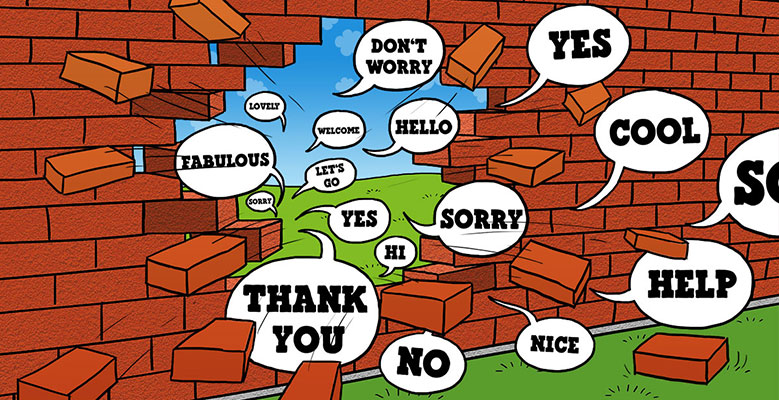
After a year of climate change skyrocketing up the agenda, for many of us it’s bound to crop up in conversation with family and friends this holiday season. This might sound positive (and it is), but if your holiday are anything like ours, there’s a possibility that this could mean tension over turkey (or Tofurkey).
I love my family, but when it comes to the big topics, let’s just say we don’t always see eye-to-eye, so having these types of conversations can be a source of anxiety and conflict.
Here’s some tips that seem to work for me (tips I’ll definitely be using over the next few weeks!):
-
Pick your moment
Timing is key for having a constructive discussion with someone about climate change. Before you instigate or join a conversation about it, check in on whether now is the best moment. If you’re feeling energised, self-assured and calm, then it’s more likely to go well than if you or the other person seem stressed, tired or rushed If one of neither of you are likely to be able to be thoughtful and open-minded, then it may be best to save it for another day. (If the oven’s on and one of you is juggling different cooking times, it’s probably best to leave till later).The environment is also something to consider. It may be better to talk about it one on one or in a small rather than a large group of people.
-
Ask questions
Whoever you’re talking to it’s always a good idea to show them you’re genuinely curious about their point of view. The best way to do this is to ask questions first, instead of just giving your opinion or lecturing them. If someone has a different worldview to you, you’re unlikely to change their mind but you might just increase your understanding of why they hold those views.
-
Listen and show you’ve heard
If someone disagrees with you, rather than thinking of a rebuttal show them you’ve heard what they said. Paraphrasing back to them is a great way of doing this. For example if someone dislikes onshore wind turbines, it may be because they’re scared of losing the beauty of the traditional British landscape to environmental change and degradation. If you show empathy towards their concerns, they’re far more likely to be receptive to your next question or point. If you think they’re wrong, rather than just stating facts, ask them where they got their information, before sharing what you’ve heard yourself.
-
Know who your talking to
It’s important to bare in mind which audience you’re speaking to when entering discussions around the climate crisis. If you’re able to identify what their values are, you can steer the conversation around their concerns and how these relate to the climate crisis. For example if they’re values are security and responsibility, you can appeal to these when talking about why urgent action on the climate crisis is so important.
-
Tell stories
People respond differently to various ways of information giving. But most people relate far better to people than facts, and stories are a really effective way of encouraging this. Be personal about why you care so much about climate change. Tell a story about someone you know or something you read about and why that’s important to you.
-
Express urgency without resorting to ‘doom and gloom’
Although helping people to understand the urgency of the crisis we face with climate change is important, it’s easy to resort to doom and gloom narratives to get your point across. You can express your concern for those who are already experiencing the effects of rising temperatures without making the person you’re speaking to feel hopeless. Talk about stories of people taking action (i.e. the story of Balcolmbe is always a winner).
-
Focus on solutions
There are so many ways that tackling the climate crisis actually makes our lives better. From having cleaner air to lowering energy bills, make sure you show that engaging with the issue can be full of opportunities. You can tell them about possible solutions (i.e. heat pumps under parks), or positive changes you’ve noticed already (i.e. rise in public concern).
Sweeten Up Your Inbox!
Subscribe now and we'll make sure you get the inside scoop on Ben & Jerry's fun and flavours! It's like dessert for your inbox, and you're going to want seconds.
Recent Articles
Sweeten Up Your Inbox!
Subscribe now and we'll make sure you get the inside scoop on Ben & Jerry's fun and flavours! It's like dessert for your inbox, and you're going to want seconds.


